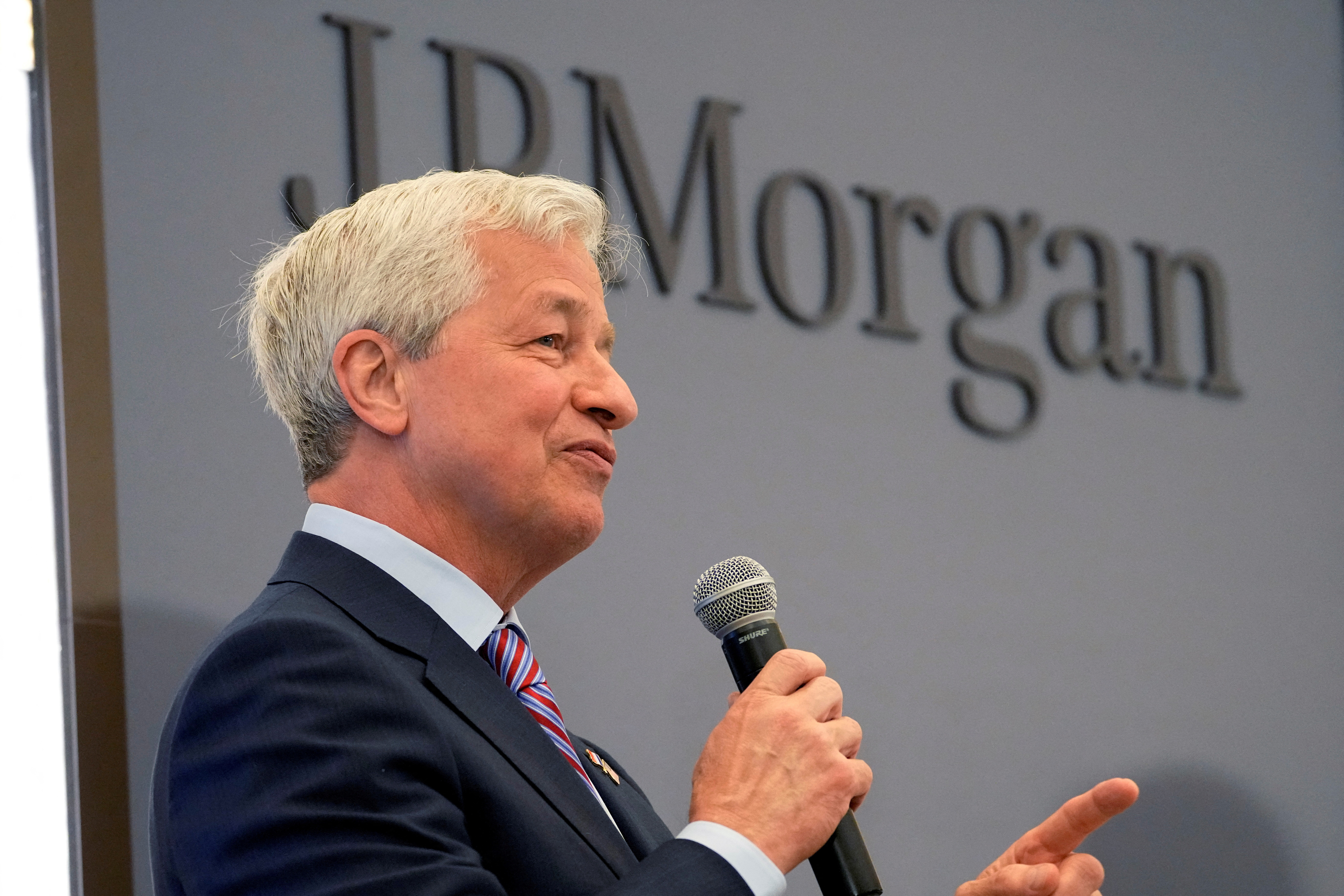The largest U.S. bank, JPMorgan Chase, has agreed to pay $151 million to resolve five lawsuits brought by the U.S. Securities and Exchange Commission (SEC), including allegations that the bank provided misleading information to its brokerage clients, affecting their rights and financial interests. This information was publicly disclosed by the SEC, attracting significant attention in the U.S. and global financial communities.
Here's ads banner inside a post
Under the settlement agreement, JPMorgan will pay $61 million in civil penalties and an additional $90 million to reimburse affected customers. Notably, JPMorgan neither admitted nor denied any wrongdoing in agreeing to these fines. Sanjay Wadhwa, acting director of the SEC’s enforcement division, emphasized the importance of legal regulations protecting investors and warned financial institutions against abusing their authority. He stated: “JPMorgan’s conduct across multiple business lines violated various laws designed to protect investors from the risks of self-dealing and conflicts of interest. This serves as a reminder that the SEC will continue to closely monitor such behavior.”
One of the biggest violations involved JPMorgan’s promotion of “conduit” investment products to clients. According to the SEC, JPMorgan did not disclose that it had complete control over when and how many shares would be sold from these investments. These conduit products pooled funds from multiple clients to invest in private equity or hedge funds, later distributing shares of companies that went public. This lack of transparency exposed clients to the risk of stock price declines, especially as the bank sometimes took months to sell shares. To address this issue, JPMorgan will pay a civil penalty of $10 million and reimburse up to $90 million to affected clients.
Additionally, the SEC fined JPMorgan $45 million for not fully disclosing how the bank and its brokers could benefit financially by recommending clients choose in-house investment products over similar products managed by third parties. This violation took place from July 2017 to October 2024, spanning several years before the SEC’s investigation and resulting fines. According to the SEC’s charges, JPMorgan’s managed products sometimes offered less financial benefit for clients compared to similar products provided by independent financial firms. This action, the SEC noted, compromised investor interests and created a conflict of interest between the bank and its clients.
Here's ads banner inside a post
The SEC also found that JPMorgan had recommended some mutual funds to around 10,500 retail clients when equivalent exchange-traded fund (ETF) products with lower fees were available. This meant that JPMorgan’s clients ended up paying higher fees by investing in mutual funds instead of low-cost ETFs. Notably, JPMorgan voluntarily reimbursed these clients $15.2 million and was not further penalized by the SEC, thanks to its self-reporting and proactive resolution. Nevertheless, this conduct underscores the bank’s lack of transparency in recommending investment options to its clients.
In an official statement, JPMorgan said it was pleased to resolve these cases and committed to addressing issues as they arise. The bank also emphasized that it strives to “uphold the highest standards in client service.” However, these lawsuits have dealt a blow to JPMorgan’s reputation as it faces close scrutiny from regulatory agencies and the financial community.
The significant penalties and customer reimbursements underscore the importance of transparency and integrity in investment activities and investor protection. This serves as a warning to banks and financial institutions about the need for strict compliance with legal regulations. At the same time, this case reinforces clients’ confidence in the protections in place for their rights when they entrust their assets to major financial institutions.:max_bytes(150000):strip_icc()/jpmorgan-e04890ced8374530a243b62496e0290b.jpg)
Here's ads banner inside a post
JPMorgan Chase is one of the most influential banks in the U.S. and worldwide, and this lawsuit may serve as an important lesson for other banks about prioritizing client interests and ensuring transparency in business activities.


